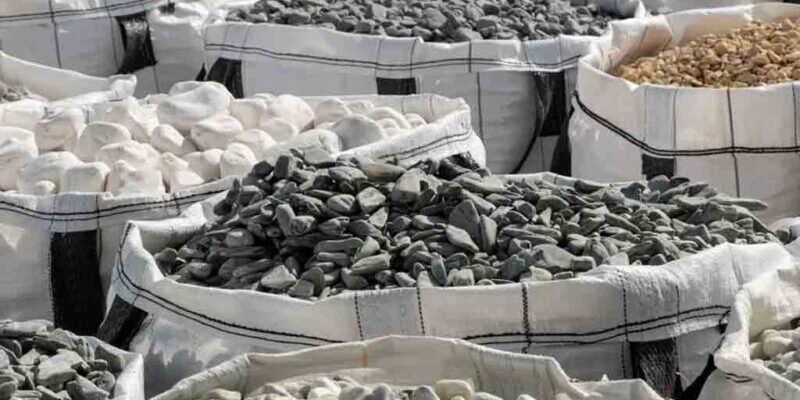
Zimbabwe’s critical minerals sector is set to prioritize local participation and value addition, according to Thomas Gono, President of the Chamber of Mines of Zimbabwe.
Speaking at the Critical Minerals Africa Forum, Gono emphasized the need for policies that enhance local content and reserve key segments of the value chain for domestic investors.
Gono noted that international investors often benefit from access to lower-cost capital. To address this imbalance, the government has established the Victoria Falls Stock Exchange (VFEX) to mobilize funds from pension resources, enabling local participation in long-term mining ventures.
“Our people need greater involvement in the value chain, from transportation and supply to consulting services,” Gono stated, stressing that local content policies should extend beyond service provision.
Gono revealed that the government is in discussions with platinum, copper, and nickel producers to potentially expand the current export ban on raw lithium to other critical minerals.
“The policy will mandate in-country beneficiation for all minerals, which increases employment and fiscal revenue. For instance, raw lithium sold for $400 per ton in 2023, while lithium concentrate was valued at $7,500 per ton,” Gono explained.
Zimbabwe is also negotiating with lithium producers to shift from exporting lithium concentrate to producing lithium sulphide.
This move is expected to further integrate local industries into the value chain, creating additional economic opportunities.
By prioritizing local content and in-country beneficiation, Zimbabwe aims to maximize the economic benefits of its critical minerals sector while fostering greater local ownership and participation.






